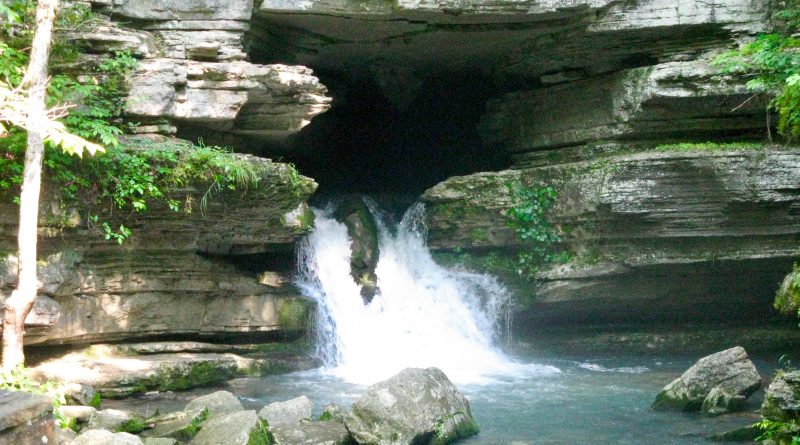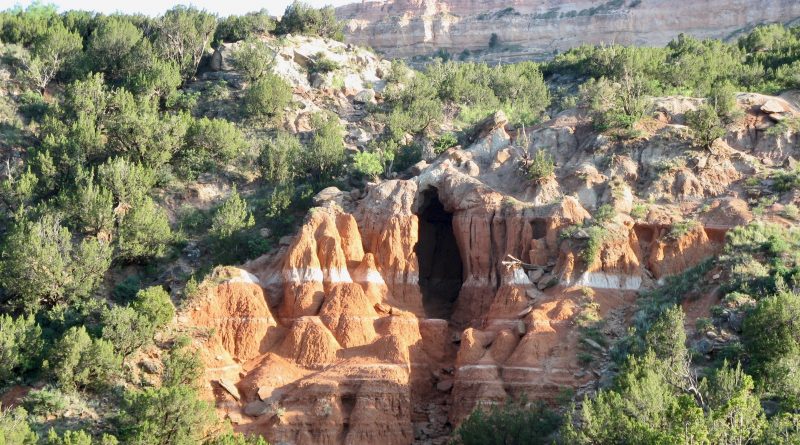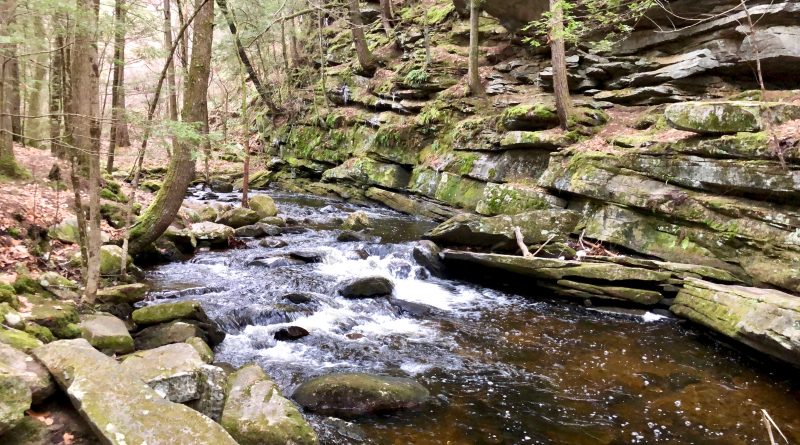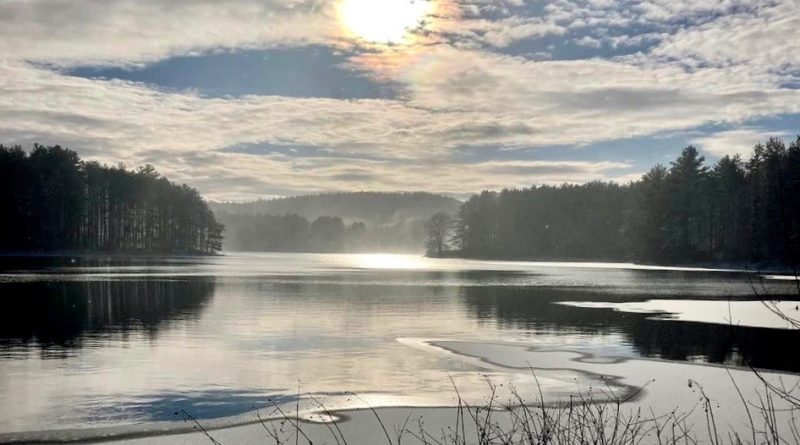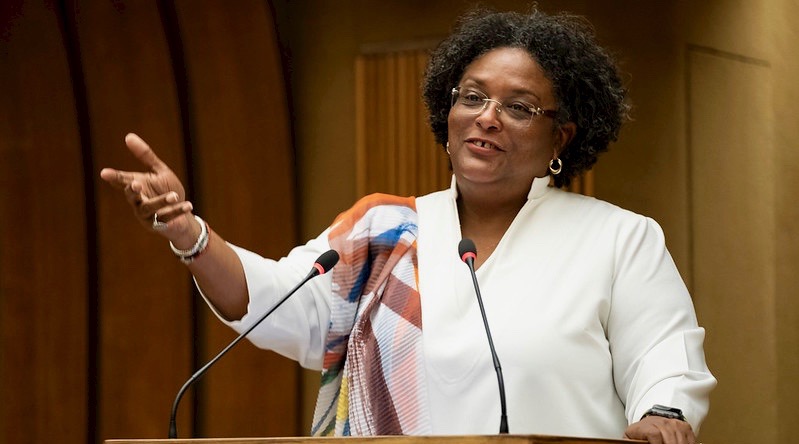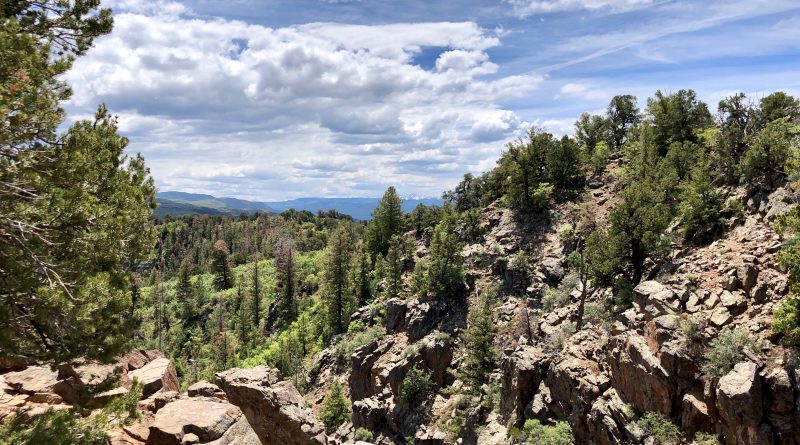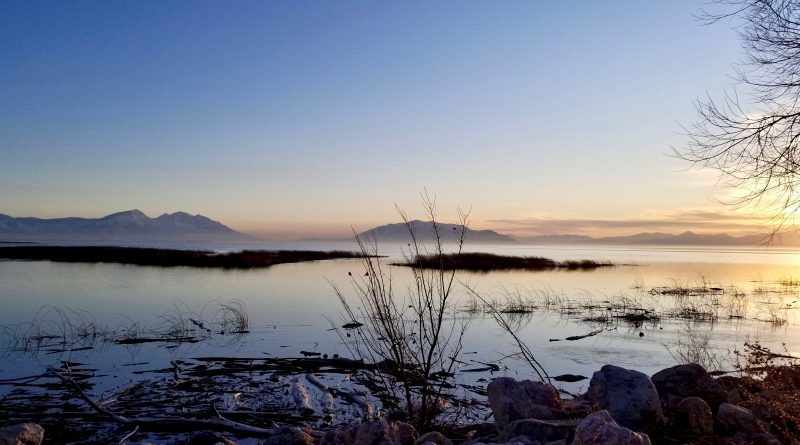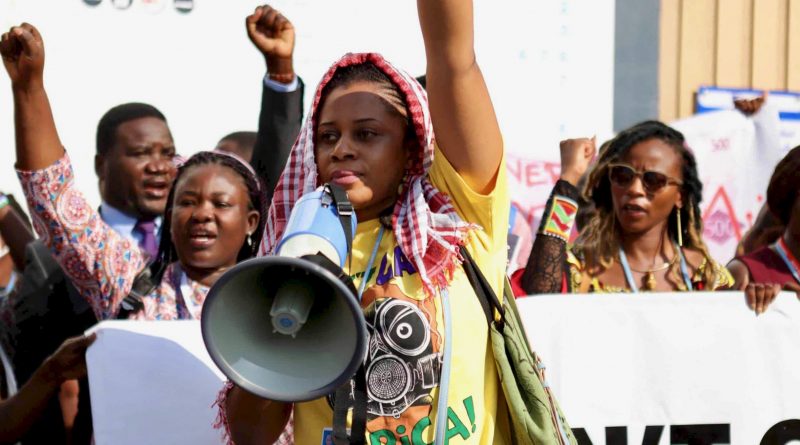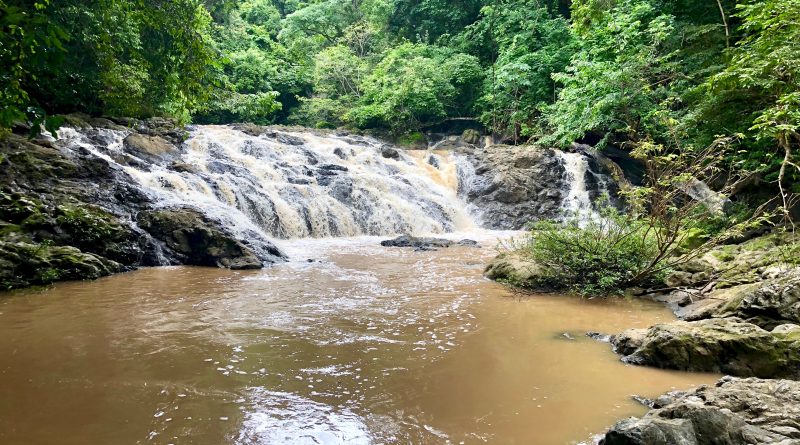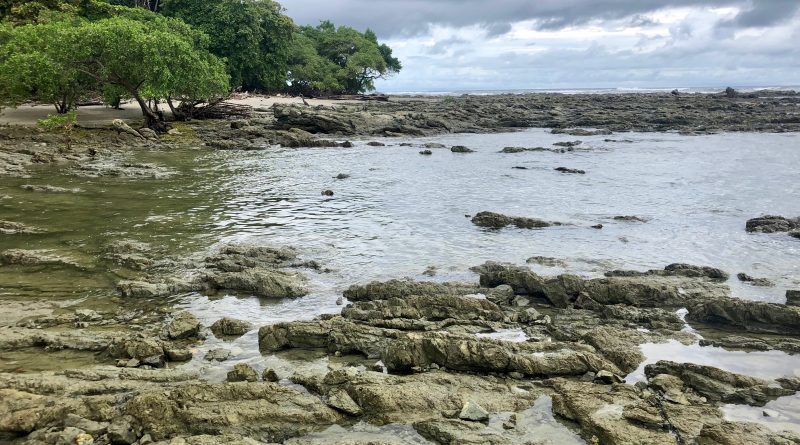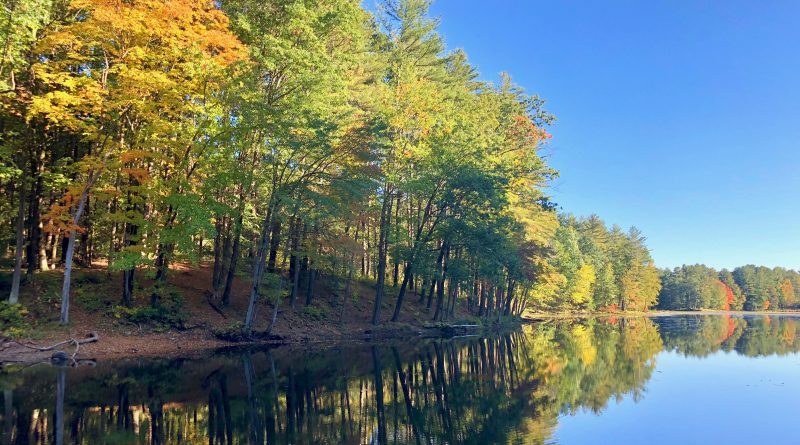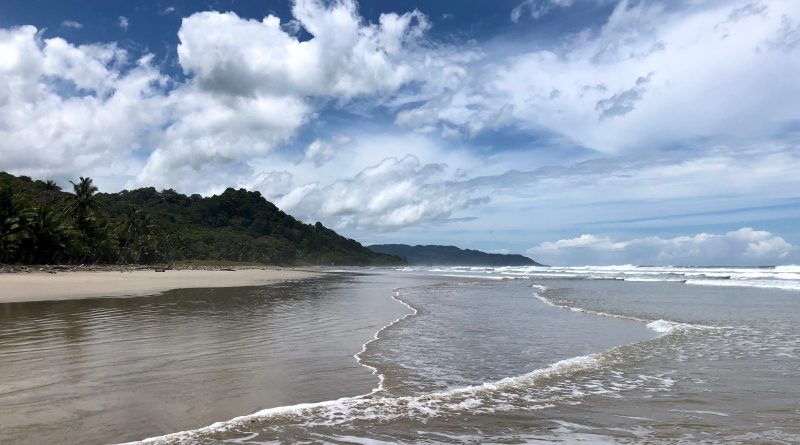How to Talk About Climate Change
I recently asked some friends what they found hard about starting conversations about climate change. One said they just didn’t know how to begin. Others said they were afraid they’d get asked a question they didn’t know how to answer, or feared triggering a disagreement, or they just didn’t know how to react when people were hopeless.
I recognized all of these as difficulties I’ve had in various situations. However, the experts say it’s really important that we talk about climate a lot. “The first step to action on climate change is to talk about it, that’s the number one thing we can do,” said Lucky Tran, who’s in climate communications at Columbia University. “We can’t solve any problems, especially at the global scale, if we don’t talk about the problem and the best way to address it.” This will be key to building a movement large enough to insist on action on the scale that is needed.
We used to think that the goal in communicating about climate was to convince people that climate change is real and caused by humans. That’s no longer necessary with most people. Polls show that a huge majority of people in the country understand that climate change is happening and are concerned about it. Our big job now is to make the topic more salient, let people know they are not alone with their concern, and enable people to express their desire for bolder climate action.
Read more